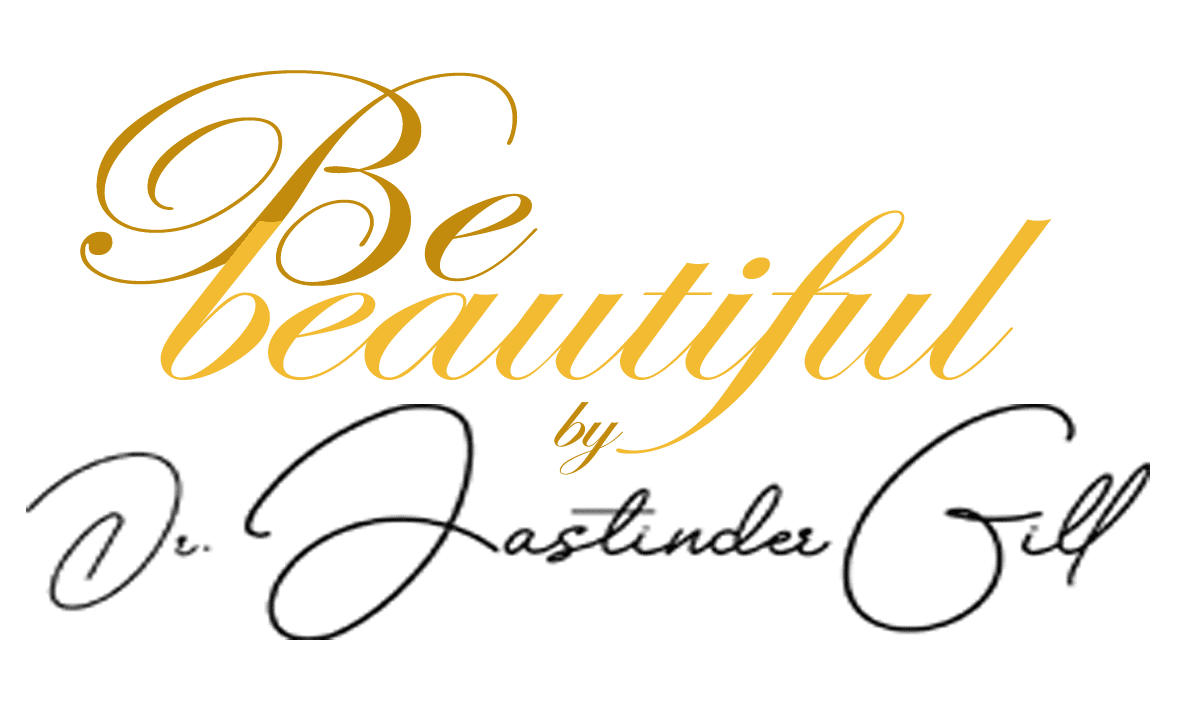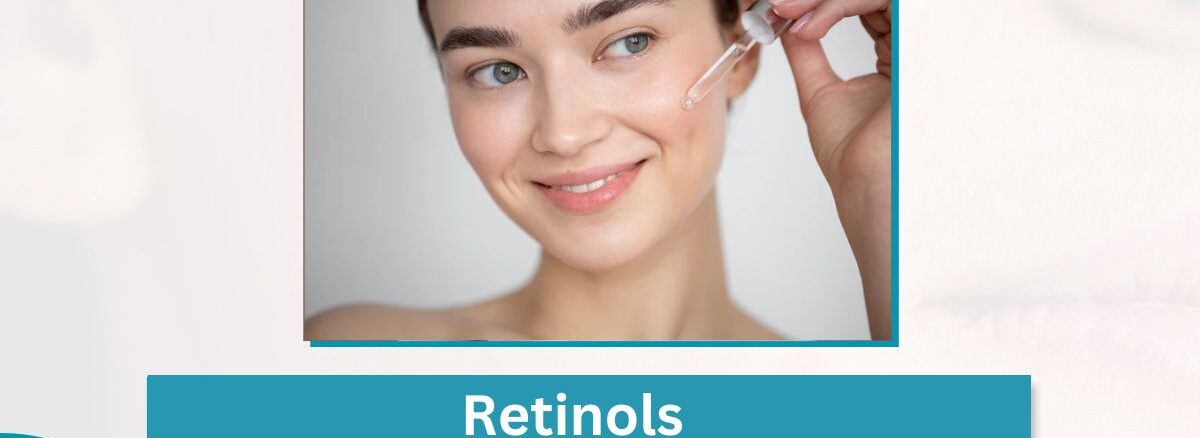Retinoids were first approved in 1971 by the US FDA for the use in acne. It was first used to prevent the clogging of pores and for the treatment of acne scars. It was then observed that they had anti-aging properties too. Retinoids are vitamin A derivatives, there are a number of retinoids available, and the first one to be used is tretinoin (which is a prescription retinoid), others are adapalene, tazarotene, trifarotene. Tretinoin is also known as Retinoic Acid.
Apply Retinol for skin is an OTC (over the counter) product, used in many cosmetics to improve skin tone, texture and pigmentation. OTC retinols, may not work as well as the prescription retinoids in reducing the wrinkles but can give reasonably good results in combination with AHAs (alpha hydroxy acids). Regular use for 3-6 months will start to show improvement in fine lines and wrinkles but best results are seen after 6-12 months of regular use. Retinyl esters are the least potent of all retinoids and very gentle on the skin. This can B very well tolerated by people with sensitive skin.
How do Retinols work?
Retinoids increase the cell turnover, replacing old dead cells with younger and healthier new cells. It works as exfoliant, leading to a better texture and complexion, as the build of dead skin, makes the skin look dull and dehydrated.
As a result of exfoliation, it leads to unclogging of blocked pores. It also help decrease oil production and kill the acne causing bacteria, both these steps help in treating and preventing acne. Retinoids decrease the production and transfer of melanin (the pigment responsible for blemishes, age/sun spots). If you want to know more about how to Apply and use retinols according to your face consult our Dermatologist in Ludhiana Dr. Jastinder Gill.
Indications for Retinol use
Retinol is a very dynamic product, plays a very important role in the treatment of many skin problems and also for a flawless complexion. The various skin conditions where retinols can benefit are –
Acne – Retinols were first introduced for the treatment of acne, it’s only later it was found to have other beneficial effects. It prevents the formation of open and closed comedones, also known as blackheads and whiteheads.
Acne Scars – The inflammatory injury caused by the pimples can lead to acne scars. Also, popping or picking of pimples can lead to acne scars. Retinols prevent inflammation, hence prevent new breakouts and eventually prevents the formation of scars. If used early in the treatment, it can also help heal the scars too.
Large or Open Pores – Pores are openings of the oil and sweat glands. These pores can enlarged, when they are known as open pores as a result of the natural aging process, by the use of inappropriate cosmetics and also are commonly seen in people with oily or acne prone skin. These pores also get clogged with the built of dead skin cells and from cosmetics, dust and pollutants from the environment. Retinols not only help prevent the formation of open pores, but also help in correcting the open and dilated pores too.
Anti-aging – Retinols with their exfoliating and anti inflammatory properties, play a major role as an anti-aging skin care routine. They also increase the collagen production which helps prevent and treat fine lines and wrinkles. It helps enhance skin texture and complexion.
Dark spots – Brown spots on face, hands and arms, known as Age Spots or Sun Spots and freckles are a result of sun damage.
Melasma – Retinols help in the treatment of melasma or blemishes because of its anti inflammatory and exfoliating properties.
Stretch marks – Retinols have been observed to correct stretch marks, if the application is started early after the stretch marks start to appear.
Skin disorders – Besides the aesthetic use of retinoids, they are also used to treat many skin disorders like, psoriasis, darier’s disease, lichen planus etc
Contraindications to the use of retinoids
Do consult your dermatologist, before starting to use retinoids. As there are certain skin conditions, where the use of retinoids is not recommended. Below are mentioned few contraindications to the use of retinoids.
Allergies
Dryness of skin
Redness or inflamed skin
Pregnancy
Dark skin, it may cause irritation and lead to hyperpigmentation
Side effects with the use of retinols
Irritation
Dryness
Sun sensitivity
Redness and or flaking of skin
Precautions
By following these precautions, you can avoid the side effects of retinols and take the full benefit of using them:
- Sun protection: Sun protection is a must with the use of retinoids. Wear an appropriate sunscreen and reapply after 2-3 hours.
- Avoid UV Rays: Avoid going out in the sun from 11 am to 4 pm, as the UV rays are most damaging at this time.
- Apply as advised: Start by using lower strength and by applying once or twice a week and then gradually increasing the days and strength. Use it in the evenings only.
- Moisturizer: Do use a moisturizer.
In case of any irritation or any kind of problem, do consult your dermatologist

